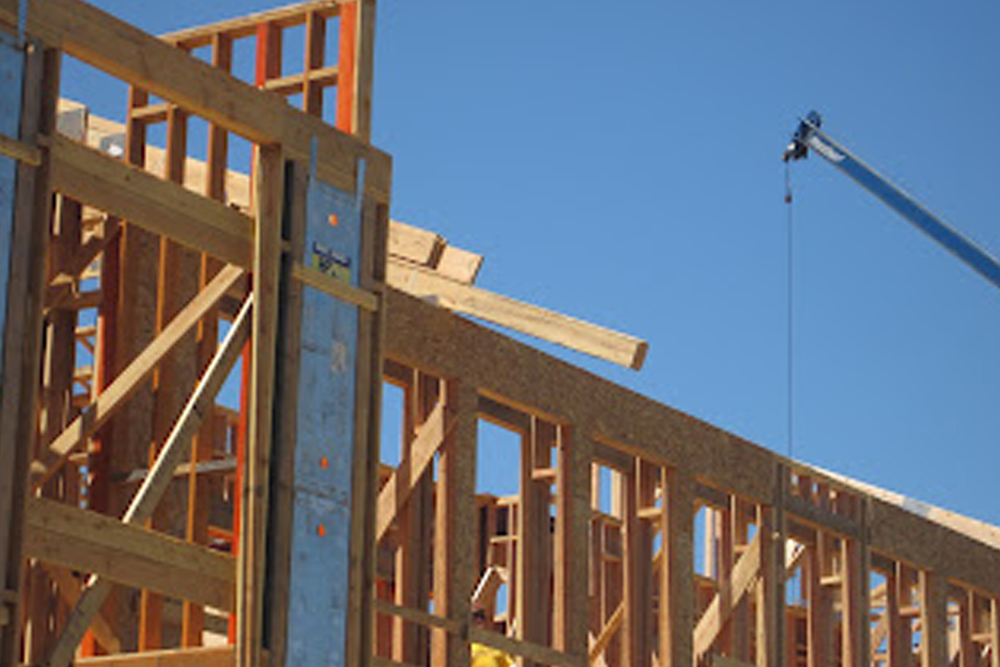Construction Management: Misunderstood or just Overlooked?

Construction Management, a very old but untapped service that can save time, frustration and help control building costs.
Usually there are three parts of a building team, the General Contractor, the Architect/Engineer, and the Owner.
Another part of the building team that seems to be overlooked by the Home Owner and Small Business Owner is the “Construction Manager”. Construction Management is “A special management service performed for the purpose of coordination and accomplishment of project planning, design and construction”.
The Construction Manager is usually under special agreement with the owner. However, architects sometimes offer construction management services under separate and special agreements. Construction Management is not part of the architect’s and engineer’s basis services, but is an additional service sometimes included in their comprehensive services.
Construction Management is often practiced on extremely large building projects. One of the reasons construction management is used on larger projects is to permit the construction process to start while the design is still progressing which allows the construction manager to recommend construction options for better project and cost control and to allow the building project to be phased over a period of time.
These same construction management techniques are also available to home owners and small business owners for smaller projects.
Construction Management gives the owner the opportunity to act as owner builder (where the owner obtains his own building permit) instead of contracting with a General Contractor. The professional Construction Manager can assist the owner in obtaining bids from licensed and properly insured subcontractors and materialmen. The owner signs separate contracts for the construction of the various portions of the project thus saving the General Contractors markup on the separate contract prices. These savings can be substantial on the average project. The trade off, however, is that the owner signs separate contracts instead of having a single contract with a General Contractor. The separate contracts are often broken into the following phases:
- General Construction
- Plumbing
- Heating (Ventilating, Air Conditioning)
- Electrical
- Sewage Disposal (if applicable)
- Elevators (if applicable)
- Specialties
- Other
The Construction Manager will then assist the owner in overseeing and supervising the building project based on a predetermined scope of services and written agreement between the Construction Manager and property owner.
The construction manager usually works on a fee based on a percentage of the total construction costs of the project. Also, the Construction Manager is usually reimbursed for his direct out of pocket expenses such as telephone, photocopies, special travel related expenses, and for his direct salary expenses for any on-site staff the Construction Manager employs.
Construction Management fee generally ranges from 2% to 10% per cent of the construction costs. e.g., subcontractors, materials, supplies, equipment costs, and possibly permit fees plus the Construction Manager’s “reimbursable expenses” and “General Conditions” which are usually billed to the owner at cost. Usually, the larger the project the smaller the overall fee percentage. Some construction management firms work on a negotiated hourly rate or a predetermined fixed fee.
The homeowner, business owner, or developer not equipped or interested in managing their own building project could benefit greatly from the services of a Construction Manager.
The most common ways of using an experienced Construction Manager are:
- When the Construction Manager acts as the direct agent for the Owner but the owner still assumes total financial responsibility for the project. Here the owner maintains direct communication with the Architect, General Contractor, and Construction Manager
- When the Construction Manager assumes the total financial responsibility for the project. Here the owner maintains direct communication with the Construction Manager only. The construction manager communicates with the Architect, General Contractor, and Subcontractors.
- When a joint venture is formed between the Architect, Contractor and the Construction Manager. Here the owner maintains direct communication with the Joint Venture entity. The joint venture communicates with the Subcontractors.
- When the Construction Manager acts as a consultant to the owner and responds to the owners requests for assistance on building related matters. Here the owner maintains direct communication with the Construction Manager, Architect, General Contractor and/or Subcontractors.
Construction Management Companies are listed in the Yellow pages of your telephone directory under the heading of “Construction Management”. Some General Contracting firms have the capability of performing construction management services.
When selecting a Construction Manager or Construction Management firm request a written Construction Management proposal. The proposal may include all or some of the following depending on the size and complexity of your building project:
- Master Planning services, which would include project Budget Information and Scheduling.
- Construction Management Services, which would include Systems and Procedures, Cost Management, Time Management, General Consulting, Affirmative Action and Community Relations, and On-Site Management.
Some advantages of using a construction manager are:
- Knowledge and payment of actual costs;
- Direct control of Subcontractors and Material-men;
- Direct control of schedule;
- Ability to negotiate directly with Subcontractors if changes in the work are authorized or if unforeseen conditions are discovered;
- Minimize the threat of liens by paying subcontractors and material men directly;
- Having the option of using a General Contractor or doing the project as “Owner/Builder”.
- Knowledge of Owners and Contractors rights and obligations during the building process and proper transferring of risk.




